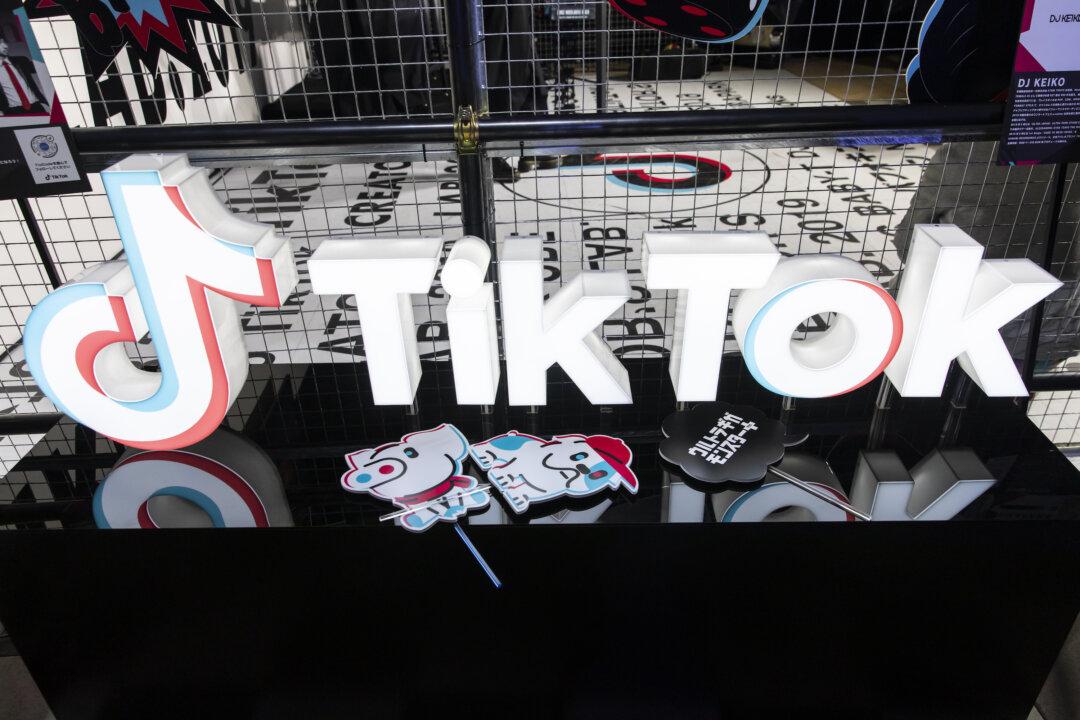The hugely popular short-video app TikTok is but “another invasive tool” for Beijing’s espionage campaign on America, U.S. lawmakers said after news of leaked internal recordings allegedly showing the app’s private U.S. user data being repeatedly accessed in China.
Between at least September 2021 and January, engineers in China had access to the app’s U.S. data, according to leaked recordings of 80 internal meetings cited by BuzzFeed News. In addition, TikTok employees at times had to turn to their colleagues in China to determine how U.S. data was flowing, which the U.S. staff weren’t authorized to independently access, the report said.





